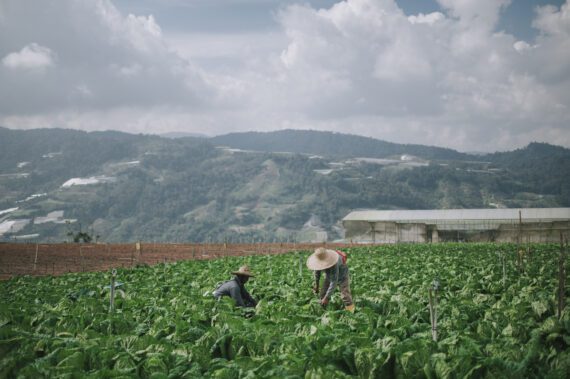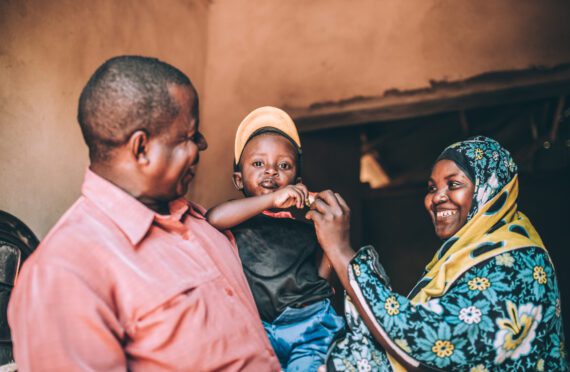At the end of November 2023, world leaders are gathering in the United Arab Emirates for the 28th Conference of the Parties of the United Nations Framework Convention on Climate Change, or COP28. This conference again comes at a pivotal time when climate change, alongside conflict and economic downturns, is causing significant surges in hunger worldwide. This year, hundreds of millions of people need lifesaving humanitarian assistance because of acute hunger. While conflict zones and refugee camps are difficult places to gather data, the most recent estimates range from 333 million to 363 million people. Bread for the World will be at COP28, assessing progress in these critical areas and advocating to make food security and nutrition central to the global climate agenda.
Similar to the agenda at COP27 last year, there will be a Food, Agriculture, and Water Day on December 10. This and other thematic days are meant to unite COP participants around solutions to the climate crisis. We expect and pray that the negotiations that day will focus on solutions to the global food crisis, which continues to worsen in 2023. Negotiations would include solving problems in the areas of nutrition, water management, conservation methods in agriculture, climate-smart agriculture, and food waste.
COP28 will also feature the first “Global Stocktake” moment, a chance for the global community to assess progress—or lack thereof—toward meeting the goals of the Paris Agreement of 2015. A Global Goal on Adaptation to reduce communities’ vulnerability to climate change was established as part of the Paris Agreement, and this year is a significant turning point for progress toward this goal because 2023 is the halfway point. After the information and analysis presented at COP28, we will have a better understanding of progress on global adaptation to the impacts of climate change, as well as the gaps that need to be filled.
Another significant step forward expected at COP28 will be concrete recommendations and plans for implementing the Loss and Damage Fund that participants agreed to during last year’s negotiations. A “transitional committee,” comprised of high-income and lower-income countries and including the United States, has been working for the past year to develop these recommendations and plans.
The Loss and Damage Fund is meant to assist lower-income countries in responding to climate change-induced losses and damage to their people’s lives and livelihoods as well as to their infrastructure and natural resources. This fund is one part of a comprehensive approach to addressing climate change. The other two pieces of the puzzle are mitigation (efforts to reduce greenhouse gas emissions) and adaptation (efforts to adjust to the impacts that climate change is already having). Loss and damage financing is needed when mitigation and adaptation efforts fail, or as is more often the case right now, the response is too little, too late.
This all matters because climate change makes our aim of ending hunger virtually impossible. Small family farmers produce a third of the world’s food, yet they are uniquely vulnerable to shifts in climate. Climate impacts can force people, including farm families, to move from their homes and communities, disrupting their livelihoods and food security. By 2050, more than 140 million people in lower-income countries may be displaced by the impacts of climate change. This figure does not include communities in our own country, such as entire Indigenous Alaskan villages being forced to relocate due to erosion and permafrost melting.
COP28 must make progress on addressing climate change and helping countries adapt. The end of hunger depends on it.
Jordan Teague Jacobs is co-director, Policy & Research Institute, with Bread for the World.



